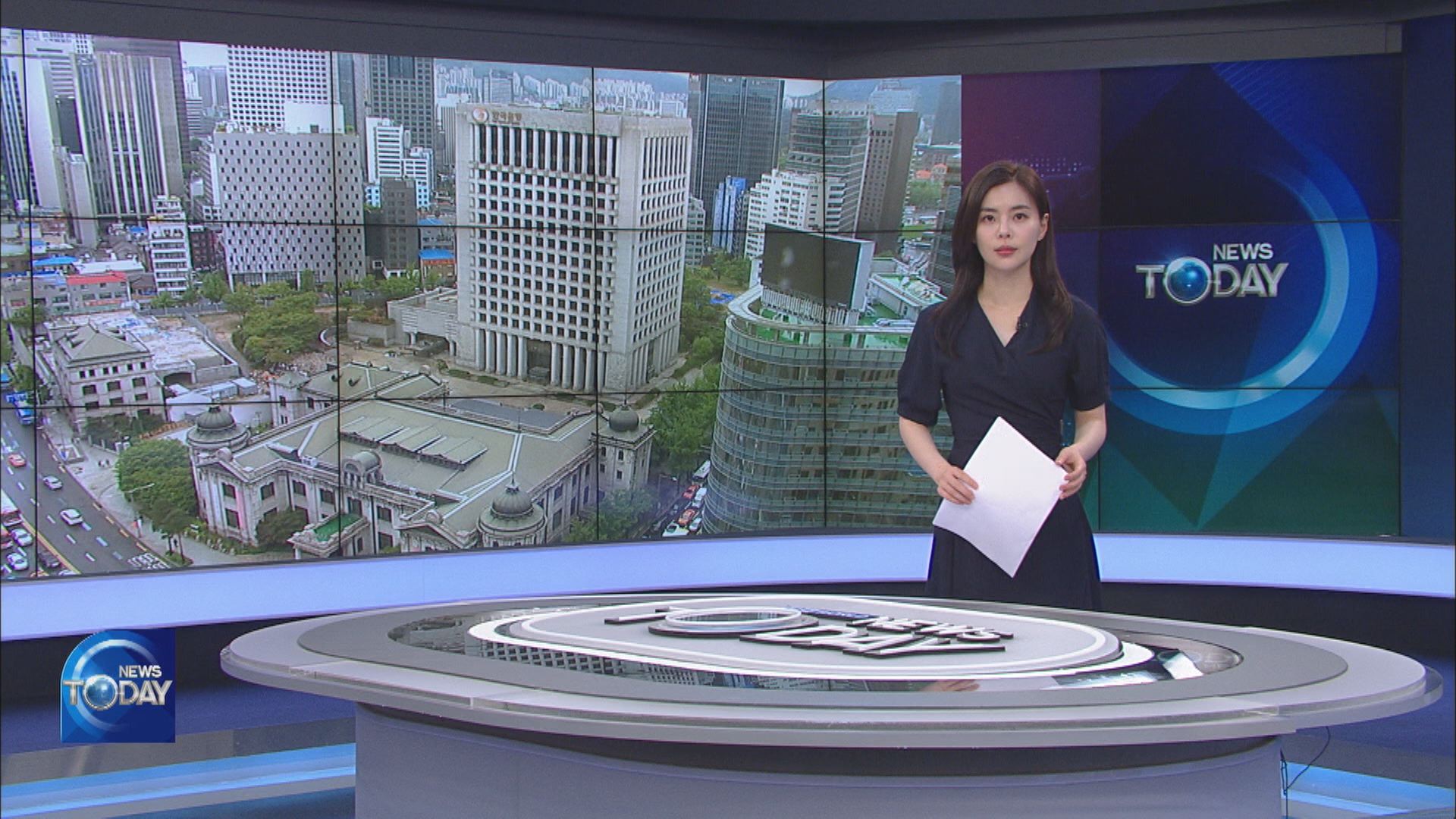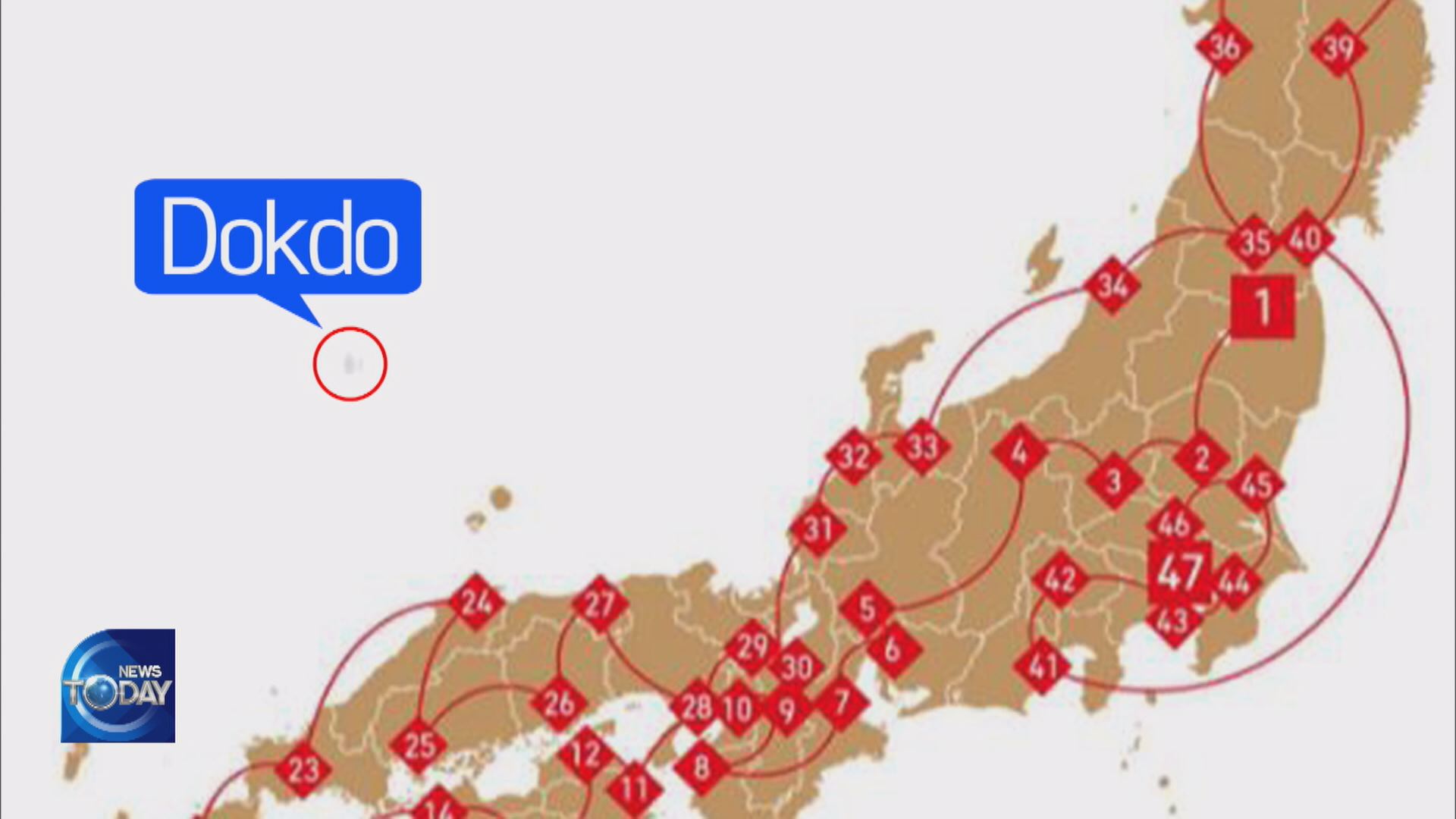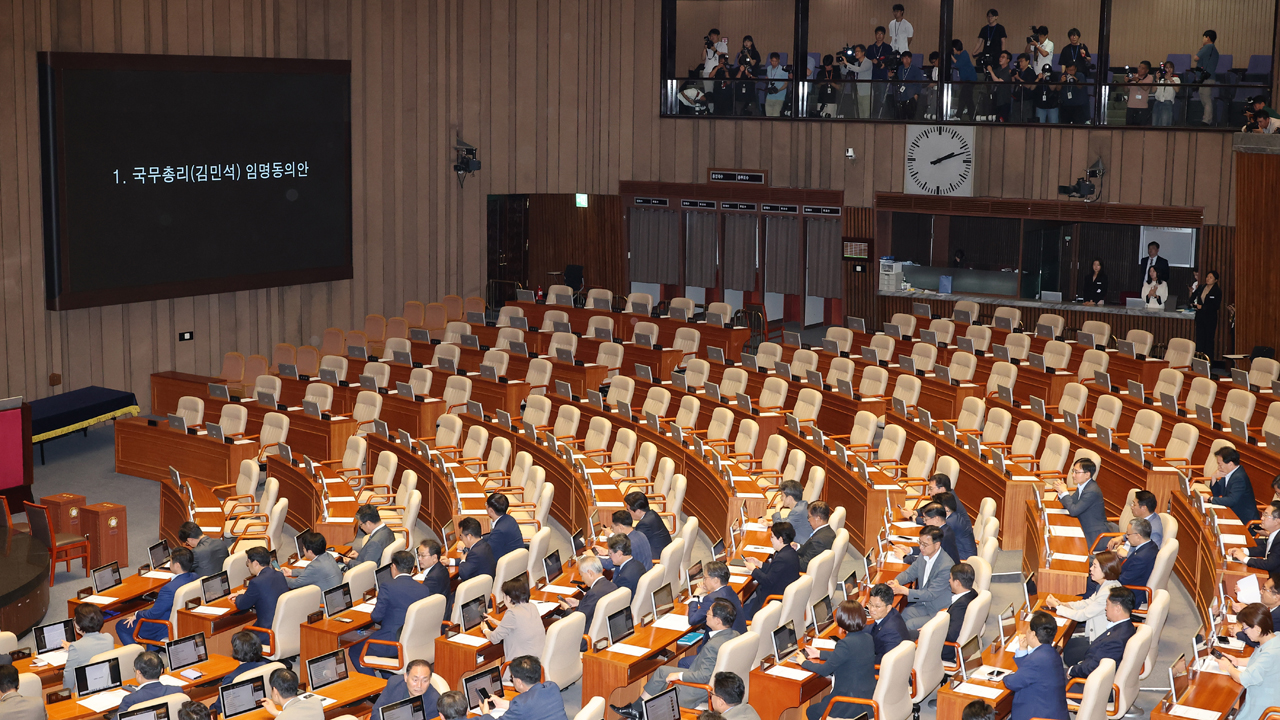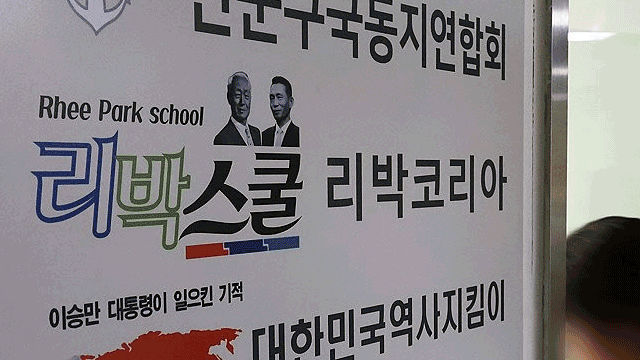NEWS BRIEF
입력 2021.05.27 (14:59)
수정 2021.05.27 (16:46)
읽어주기 기능은 크롬기반의
브라우저에서만 사용하실 수 있습니다.
[Anchor Lead]
The Bank of Korea predicts that the nation's real gross domestic production will grow four percent this year. It is up one percentage point from the central bank's February forecast at three percent. Analysts say the revision is attributable to the global economy's rapid recovery and the nation's brisk exports. The BOK also raised its economic growth outlook for 2022 from 2.5 percent to three percent. Noting soaring prices of crude oil and raw materials, the central bank forecast that consumer prices will increase by 1.8 percent this year.
The Korea Customs Service says the nation's food exports reached a record high of 4.3 billion U.S. dollars last year, despite the COVID-19 pandemic. It is up 14.6 percent from 2019. Ramyon was the most popular item and noodles worth over 600 million dollars were shipped out. Other popular items include kimchi, and traditional pastes and sauces. A Korea Customs Service official said the increase is thanks to continuing popularity of Korean pop culture overseas and growing demand for ready-to-eat food products amid the pandemic.
The Korea Customs Service said Thursday it is now looking into speculative forex investments that utilize higher cryptocurrency prices in South Korea. Speculators are accused of buying Bitcoins overseas and sending them to Korean cryptocurrency exchanges to make larger profit. The gains are then exchanged at local currency exchange stores and remitted overseas again. As Korean banks have placed restrictions on such allegedly speculative remittances, speculators are known to be using private money exchange shops.
The Bank of Korea predicts that the nation's real gross domestic production will grow four percent this year. It is up one percentage point from the central bank's February forecast at three percent. Analysts say the revision is attributable to the global economy's rapid recovery and the nation's brisk exports. The BOK also raised its economic growth outlook for 2022 from 2.5 percent to three percent. Noting soaring prices of crude oil and raw materials, the central bank forecast that consumer prices will increase by 1.8 percent this year.
The Korea Customs Service says the nation's food exports reached a record high of 4.3 billion U.S. dollars last year, despite the COVID-19 pandemic. It is up 14.6 percent from 2019. Ramyon was the most popular item and noodles worth over 600 million dollars were shipped out. Other popular items include kimchi, and traditional pastes and sauces. A Korea Customs Service official said the increase is thanks to continuing popularity of Korean pop culture overseas and growing demand for ready-to-eat food products amid the pandemic.
The Korea Customs Service said Thursday it is now looking into speculative forex investments that utilize higher cryptocurrency prices in South Korea. Speculators are accused of buying Bitcoins overseas and sending them to Korean cryptocurrency exchanges to make larger profit. The gains are then exchanged at local currency exchange stores and remitted overseas again. As Korean banks have placed restrictions on such allegedly speculative remittances, speculators are known to be using private money exchange shops.
■ 제보하기
▷ 카카오톡 : 'KBS제보' 검색, 채널 추가
▷ 전화 : 02-781-1234, 4444
▷ 이메일 : kbs1234@kbs.co.kr
▷ 유튜브, 네이버, 카카오에서도 KBS뉴스를 구독해주세요!
- NEWS BRIEF
-
- 입력 2021-05-27 14:59:40
- 수정2021-05-27 16:46:16

[Anchor Lead]
The Bank of Korea predicts that the nation's real gross domestic production will grow four percent this year. It is up one percentage point from the central bank's February forecast at three percent. Analysts say the revision is attributable to the global economy's rapid recovery and the nation's brisk exports. The BOK also raised its economic growth outlook for 2022 from 2.5 percent to three percent. Noting soaring prices of crude oil and raw materials, the central bank forecast that consumer prices will increase by 1.8 percent this year.
The Korea Customs Service says the nation's food exports reached a record high of 4.3 billion U.S. dollars last year, despite the COVID-19 pandemic. It is up 14.6 percent from 2019. Ramyon was the most popular item and noodles worth over 600 million dollars were shipped out. Other popular items include kimchi, and traditional pastes and sauces. A Korea Customs Service official said the increase is thanks to continuing popularity of Korean pop culture overseas and growing demand for ready-to-eat food products amid the pandemic.
The Korea Customs Service said Thursday it is now looking into speculative forex investments that utilize higher cryptocurrency prices in South Korea. Speculators are accused of buying Bitcoins overseas and sending them to Korean cryptocurrency exchanges to make larger profit. The gains are then exchanged at local currency exchange stores and remitted overseas again. As Korean banks have placed restrictions on such allegedly speculative remittances, speculators are known to be using private money exchange shops.
The Bank of Korea predicts that the nation's real gross domestic production will grow four percent this year. It is up one percentage point from the central bank's February forecast at three percent. Analysts say the revision is attributable to the global economy's rapid recovery and the nation's brisk exports. The BOK also raised its economic growth outlook for 2022 from 2.5 percent to three percent. Noting soaring prices of crude oil and raw materials, the central bank forecast that consumer prices will increase by 1.8 percent this year.
The Korea Customs Service says the nation's food exports reached a record high of 4.3 billion U.S. dollars last year, despite the COVID-19 pandemic. It is up 14.6 percent from 2019. Ramyon was the most popular item and noodles worth over 600 million dollars were shipped out. Other popular items include kimchi, and traditional pastes and sauces. A Korea Customs Service official said the increase is thanks to continuing popularity of Korean pop culture overseas and growing demand for ready-to-eat food products amid the pandemic.
The Korea Customs Service said Thursday it is now looking into speculative forex investments that utilize higher cryptocurrency prices in South Korea. Speculators are accused of buying Bitcoins overseas and sending them to Korean cryptocurrency exchanges to make larger profit. The gains are then exchanged at local currency exchange stores and remitted overseas again. As Korean banks have placed restrictions on such allegedly speculative remittances, speculators are known to be using private money exchange shops.
이 기사가 좋으셨다면
-
좋아요
0
-
응원해요
0
-
후속 원해요
0














![[단독] 김민석 총리, 취임 첫 일정으로 ‘송미령 반대’ 농민단체 농성장 방문](/data/news/2025/07/03/20250703_YUTdgQ.png)


이 기사에 대한 의견을 남겨주세요.